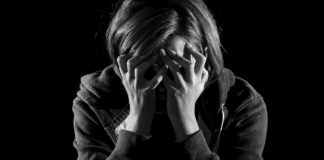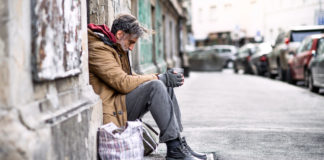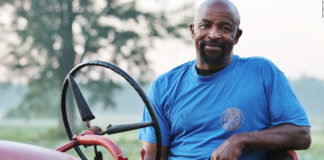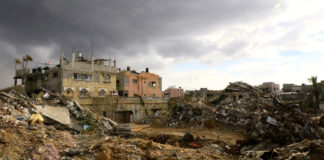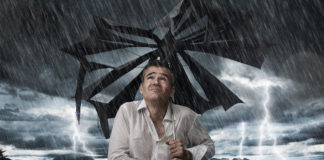Chernobyl: The cost of lies
On April 26th 1986, reactor 4 at Chernobyl nuclear power plant in Ukraine exploded. The effects were catastrophic—it was the worst nuclear disaster in history. The explosion let out the equivalent of 500 Hiroshima bombs-worth of radiation, and the area around Chernobyl—including the town of Pripyat—is now uninhabited. It will be unsafe to live there for the next 20,000 years.
From rancour to forgiveness: How do Christians manage conflict?
A lack of conflict is not necessarily a sign of spiritual maturity, as some Christians might be tempted to believe. The way in which we manage conflict says a lot about how we understand the role of grace, forgiveness and reconciliation in a sinful world.
Suicide: What does the Bible have to say about it?
Every human being, without exception, is a potential suicide. If we look at suicide as a process of self-judgment, condemnation, and execution, every human being walks down this path, at least some of the way.
Self-help and spiritual paralysis
Why personalising Christianity could threaten your salvation.
Strategies for managing children’s digital behaviour
Parents have a crucial role in managing their children's digital behaviour, as well as preventing and detecting addiction. Their success depends on their own relationship with digital devices.
Rich man, poor man: The exam right outside your door
There was a rich man who was dressed in purple and fine linen and lived in luxury every day. At his gate was laid a beggar named Lazarus, covered with sores and longing to eat what fell from the rich man’s table. Even the dogs came and licked his sores.
God’s silence
Renee James was 18 when she decided to stop praying. If God was going to be silent, she thought, she would be silent too. She had been praying for years for the healing of her brothers, Sean and Niall, one suffering from autism and the other from Down syndrome. Yet there had been no answer.
Food for life
A lot is said and written about food, and a fair share of the promises we make are related to it. We might decide to eat more healthfully or perhaps we wish to diminish food waste. Unfortunately, our promises are often quickly forgotten, because destructive habits are hard to forsake. There are, however, people who have found ways to transform not just their...
Revenge is not always sweet
Revenge is a trap the wise do not fall into, goes the diplomatic saying. Still, wanting to give someone a taste of their own medicine is a common desire.
Community, connection, church
Recently, my wife and I got hooked on a TV show. We’d wait in anticipation for the latest episode each week. The show was Old people’s home for 4-year-olds. The basic premise? Take a class of cheeky, energetic, curious four-year-olds (some of who lacked a filter) and have them spend a significant amount of time with the elderly residents of an aged-care facility.
The doctor who healed hatred
When war kills not one but three of your children, what is there left besides hatred?
How to deal with daily pressure and overcome stress
Stress and anxiety are some of the most commonly used words today; we all have felt at least once in our lives what they mean and what effects they have. Are there any truly effective ways to overcome stress and anxiety?
Good reasons to read the whole Bible
As intimidating as the Bible may sometimes be, especially because of its size and its sometimes difficult passages, many who have read it from cover to cover say that it has changed their lives for the better—the spiritual resources the whole Bible can provide are not found elsewhere.
Broken dreams: The lessons we learn through failure
We often say God is good, especially when, after threatening to go dangerously off track, life resumes its regular course. But what is left to say when all that remains of our dearest dreams is a handful of shards that can no longer be glued together?
The exclusive prayer: Who should we address when we pray?
The stakes are high when it comes to identifying the one to whom we should pray, and we can discover who by answering an apparently simple question: Can we expect prayers to be heard no matter who we address them to?














